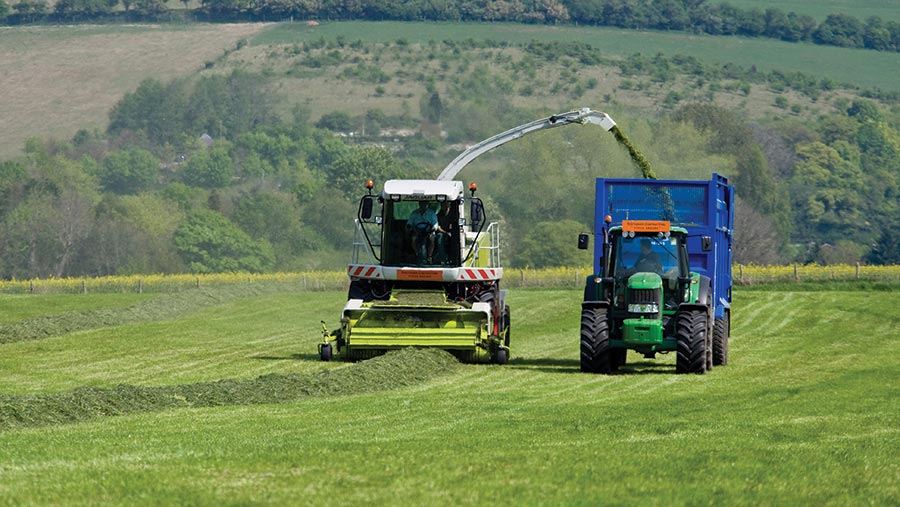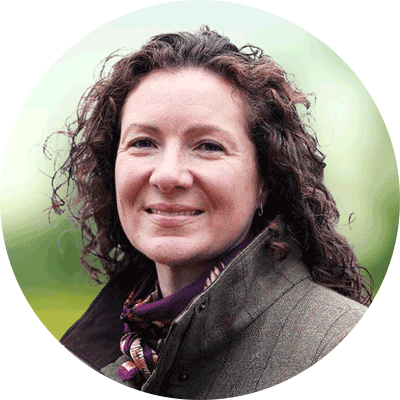Opinion: More inclusivity helps raise farming’s productivity
 © Tim Scrivener
© Tim Scrivener When I was at school and sat in front of the careers advisor, the answer that came from the tick box survey was “veterinary”, which I guess did have some resemblance to the farming career I had envisaged.
Farming was further dissuaded by my father, who did not encourage women to work on the farm. His vision was based on the 1960s and 1970s when, for many women, career opportunities were limited.
And so ensued a number of years where I really had no idea what I wanted to be or do.
Fortunately, my passion for agriculture continued to burn strongly and I made the decision, four years after my peers, to go to Harper Adams University. It continues to be the best decision I ever made.
See also: Find our careers opportunities and jobs advice in one place
About the author

Kelly Hewson-Fisher is head of rural research for land agent Savills.
Breadth and depth
But, while it feels as though we have made much progress in 30 years, there is still so much more to be done to embrace the breadth and depth of careers available in the rural sector, and to disseminate that information.
Farmers have always been “jacks of all trades” and, more often than not, a master of them all too.
So how do we succinctly define what a farmer does to enable a single, inspiring job specification to be produced?
And how can we clearly articulate the opportunities available across the sector which also include those available in the auxiliary industries?
At a recent agricultural conference that Gresham’s School in Norfolk organised for students, one industry speaker said: “Think of any role you want to do, and you can do it within the realms of the agricultural sector.”
If we think about how agriculture has changed over the years, we can be sure that more skills – both technological and social – will be required to support a sustainable sector.
The rural sector of the future will depend on those who can bring new thinking, out-of-the-box ideas, and innovation, and will be driven by the diversity embraced within it.
Inclusivity
The agricultural sector has been accused of lacking diversity. But at the Oxford Farming Conference in January, Amie Burke of the Institute of Grocery Distribution stated that it isn’t about diversity, it’s about inclusion.
Inclusion means creating a safe space for everyone to be their true selves, and it has the ability to increase productivity considerably.
The agricultural sector suffers from a severe shortage of labour.
Yet if we could, first, educate our next generation of the amazing range of opportunities available and, second, ensure everyone felt safe and included, we could increase productivity by 60%, with a significant impact on the labour challenges the sector faces.
There are a number of opportunities for students to increase their knowledge about careers across the sector.
The NFU offers free student membership, many of the agricultural shows don’t charge attendees, and agricultural conferences are either free or at a heavily reduced fee.
The Institute for Agriculture & Horticulture (Tiah) has recently been launched with the mission to be the “gateway to advice, support and training you’ll need to pursue a rewarding career” across the agriculture and horticulture sectors.
There continue to be more roles in the rural sector than there are people to fill them. What we do know is, with passion and skill, the world is your oyster.
